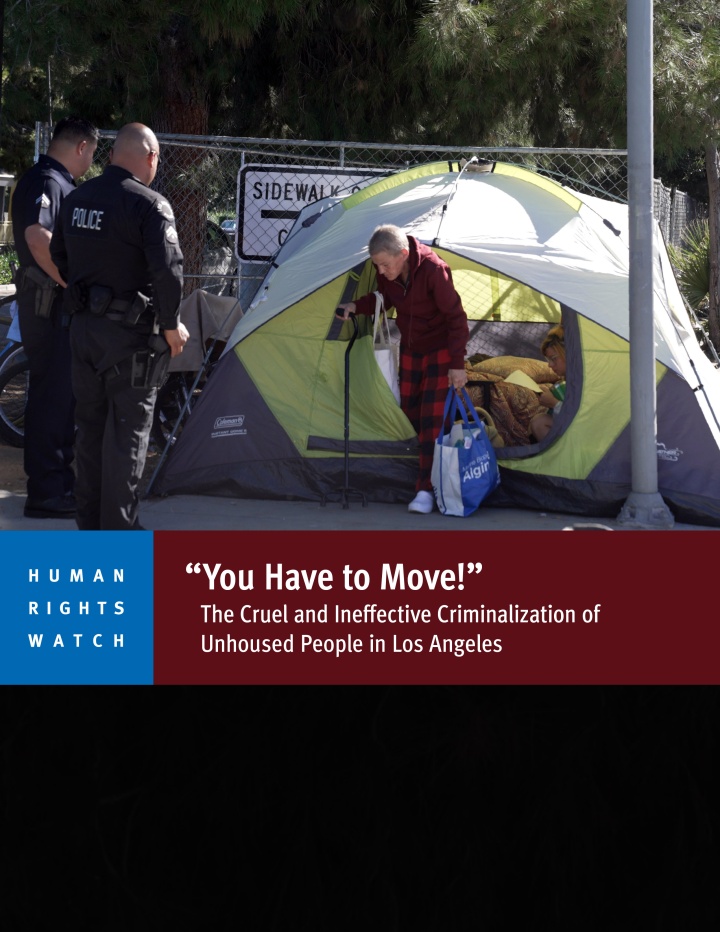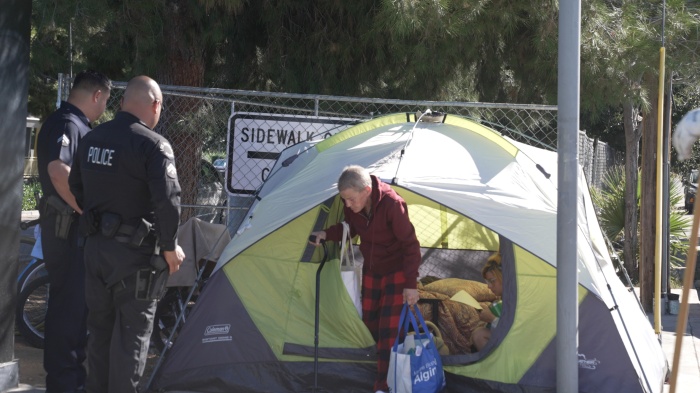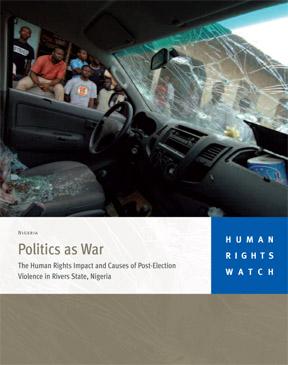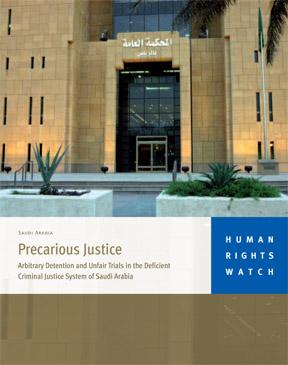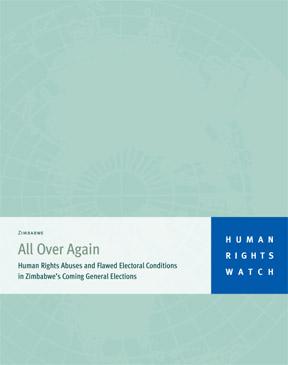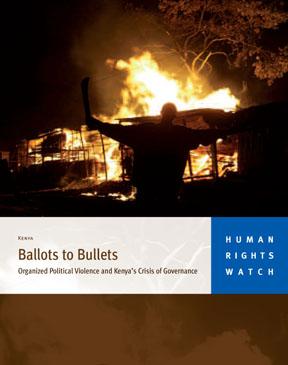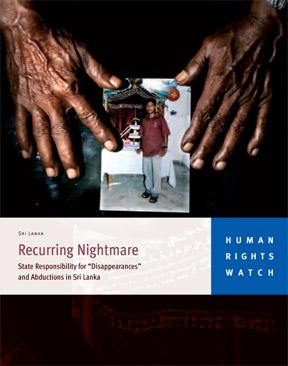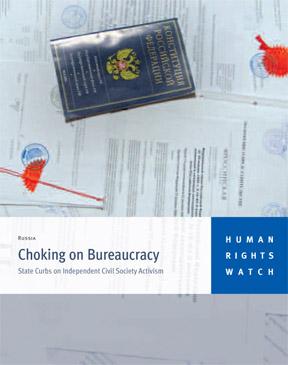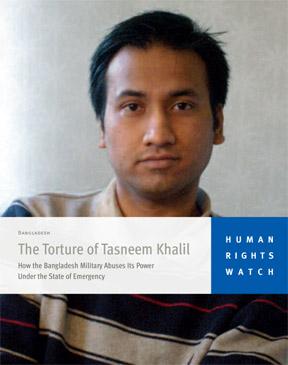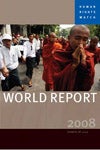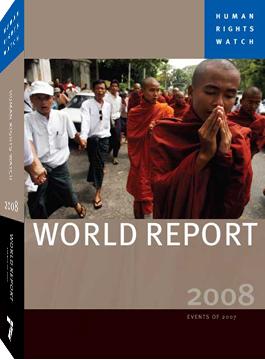“You Have to Move!”
The Cruel and Ineffective Criminalization of Unhoused People in Los Angeles
The 337-page report, “‘You Have to Move!’ The Cruel and Ineffective Criminalization of Unhoused People in Los Angeles,” documents the experiences of people living on the streets and in vehicles, temporary shelters, and parks in Los Angeles, as they struggle to survive while facing criminalization and governmental failures to prioritize eviction prevention or access to permanent housing. Law enforcement and sanitation “sweeps” force unhoused people out of public view, often wasting resources on temporary shelter and punishments that do not address the underlying needs. Tens of thousands of people are living in the streets of Los Angeles; death rates among the unhoused have skyrocketed.
